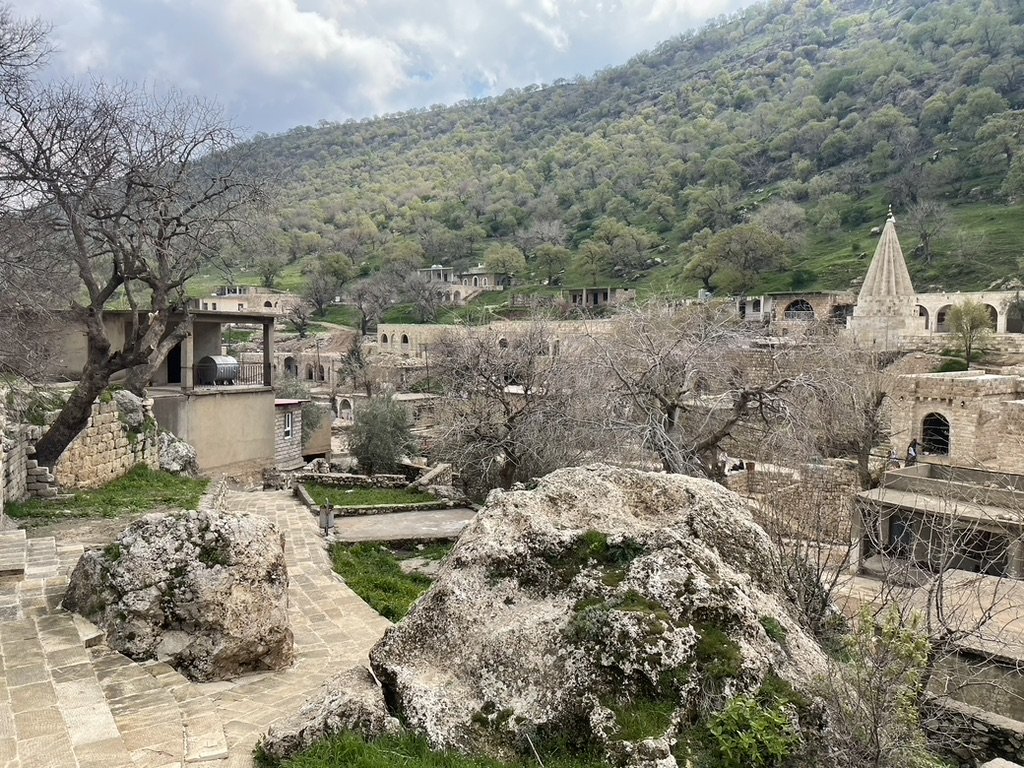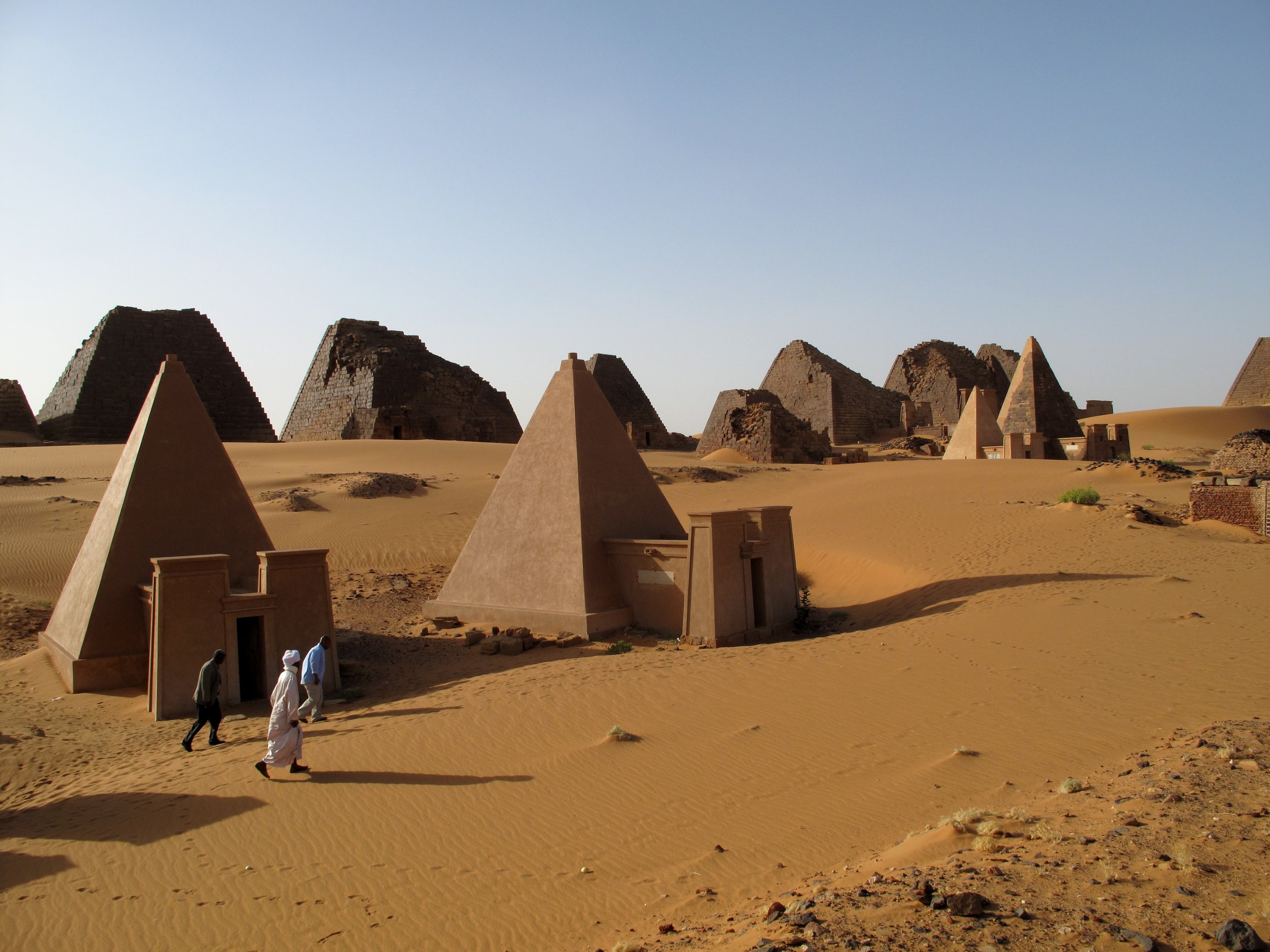Urbicide in Khartoum: An Analysis of the Al-Amarat and Mayo Neighbourhoods, 2023–24
This report investigates how the war in Sudan is transforming Khartoum through acts of urbicide, the deliberate destruction of urban environments. It draws on satellite imagery, eyewitness testimony, and analysis of conflict dynamics to show how the deliberate tactics of the Rapid Support Forces and the Sudanese Armed Forces have reshaped the capital’s geography. The paper highlights explores how spatial control, infrastructure destruction, looting, and the targeting of symbolic and civilian spaces have become key tactics of the war.
Unlikely Allies: Engaging armed groups for the protection of cultural heritage
This findings report explores why and how armed groups engage with cultural heritage, offering new tools and insights for cultural protection in conflict zones.
Strategies for engaging armed groups in cultural heritage protection
This briefing presents strategies for engaging armed groups on cultural heritage protection, focusing on risk management, community engagement, and practical tools for culturally sensitive programming in conflict zones.
Motivations of armed groups to protect cultural heritage
This briefing note explores why armed groups protect or destroy cultural heritage, highlighting ideological, political, and contextual factors that shape their behaviour. It offers insights to inform targeted engagement strategies in conflict zones.
Capacity building for engagement with non-state armed groups and de facto authorities
This briefing outlines barriers and solutions to building capacity for engaging armed groups and de facto authorities in protecting cultural heritage. It calls for better tools, partnerships, and recognition of heritage protection as a core humanitarian concern.
Fostering peace through dialogue on culture
This briefing explores how cultural heritage can open dialogue with armed groups and de facto authorities in conflict zones, drawing on case studies from Afghanistan, Mali, Myanmar, Sudan, and Syria. It highlights cultural heritage as a potential tool for peacebuilding and recommends strategies to bridge cultural and political engagement.
Islands in the storm: civilian survival deals with the warring parties in Sudan
This paper examines how Sudanese civilians, facing widespread violence from the ongoing conflict between the Sudanese Armed Forces (SAF) and Rapid Support Forces (RSF), have been compelled to negotiate survival strategies with warring factions. This report highlights the shift in Sudan’s power struggle, which has devolved from a national conflict into highly localized battles, particularly in Darfur. In response, local community leaders and power brokers have facilitated fragile truces to provide temporary protections, allow for trade, and secure safe passage for civilians.
DR Congo: roadblocks at the rhythm of the country
This Working Paper develops a political sociology of roadblocks to demonstrate how roadblocks in eastern Democratic Republic of Congo (DRC) contribute to the production and reproduction of public authority. The approach offers a refined conceptualisation of agency during roadblock encounters, which provides a better understanding of when and why people comply with demands made by roadblock operators and of the cumulative effects of the micro-practices enacted at roadblocks on broader sociopolitical orders
Somalia’s isbaaro: Checkpoints and world-making beyond the state
This working paper examines the dynamics of checkpoint authority in Somalia, focusing on how kinship, mobility and checkpoint practices intersect to shape political and social orders. The paper argues that checkpoints in Somalia—or isbaaro as they are locally called—are deeply embedded in the social fabric of clan society, where the practice of abanship—the brokerage of passage through clan territory—plays a crucial role. This brokerage not only facilitates trade but also reinforces clan identity and social differentiation










